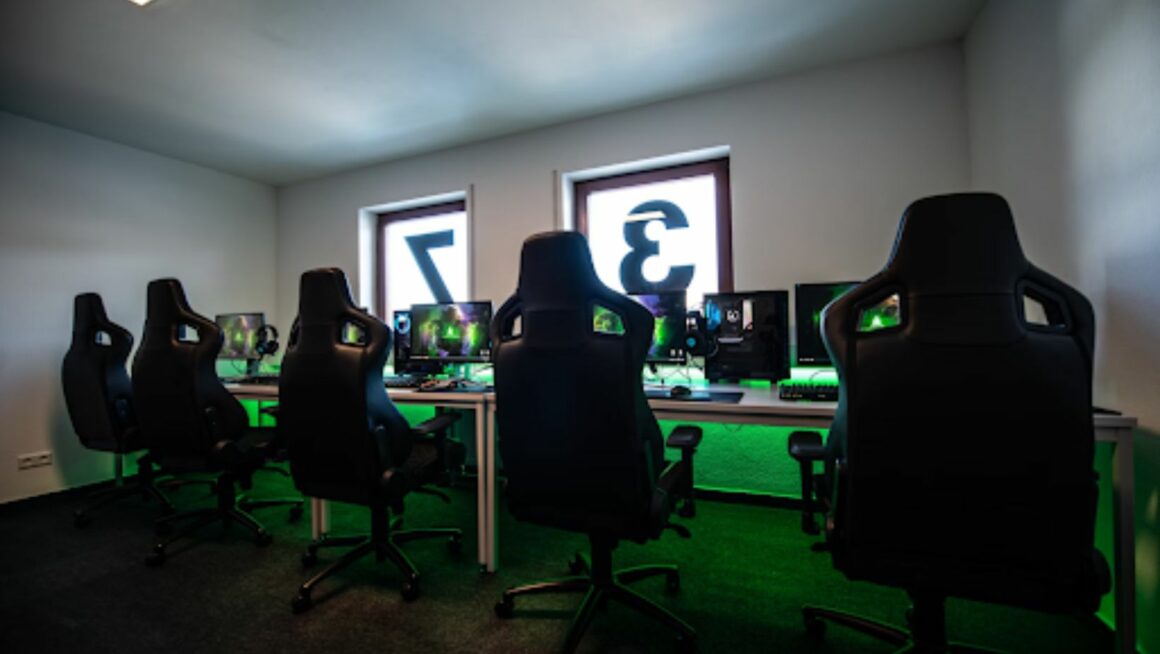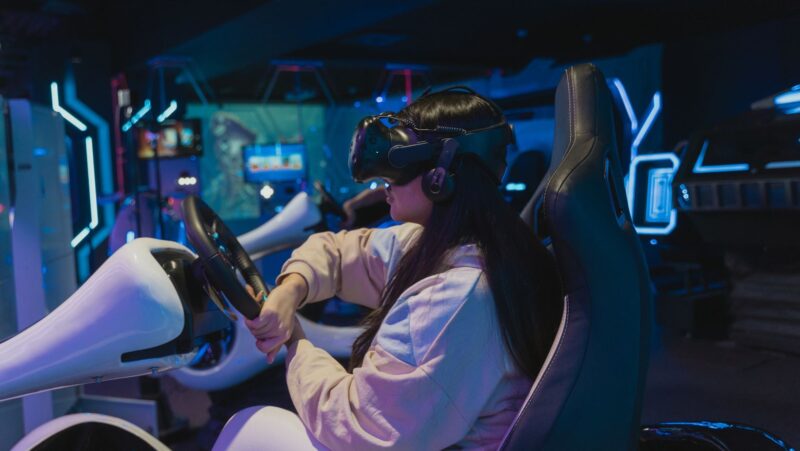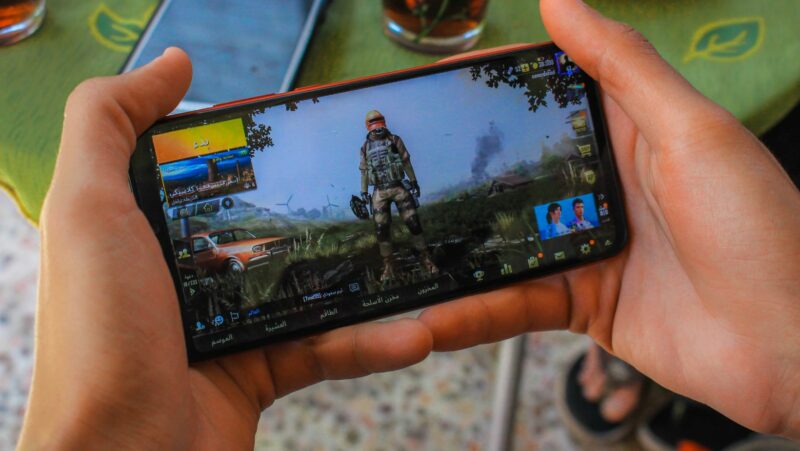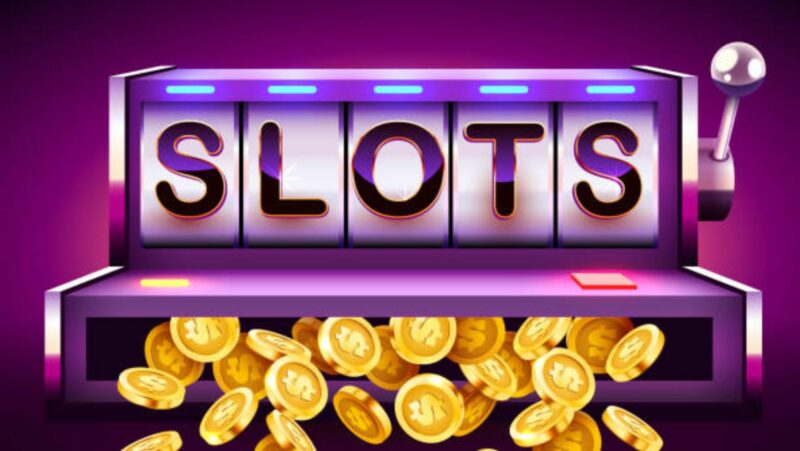Why Gaming Communities Must Host Regular Meet-Ups and Local Tournaments

Gaming communities thrive on interaction and shared experiences. Regular meet-ups and local tournaments serve as vital platforms for gamers to connect, compete, and grow. These events not only enhance the gaming experience but also foster a sense of belonging and community among participants.
Fostering Community Spirit
Regular meet-ups allow gamers to form connections that go beyond online interactions. By meeting in person, players establish friendships and a network that can offer support both in and out of the gaming world. These gatherings help transform what is often a solitary hobby into a communal activity, making gaming a more enriching and socially engaging experience.
Local tournaments, on the other hand, bring a competitive edge to the community. They provide a structured way for gamers to challenge each other, test their skills, and learn from others. Such events can also serve as a platform for recognizing and celebrating the talents within the community, which can be a significant motivational factor for participants.
Enhancing Skills Through Competition
Competitive events like local CS2 or Dota tournaments push players to excel. Gamers are motivated to improve their skills to compete effectively, which can lead to a higher overall level of play within the community. These competitions also provide a real-time environment to apply strategies and tactics that gamers can only theorize about in solo practice sessions. For example, participants in online poker NJ tournaments gain valuable experience that can be pivotal when competing in face-to-face events or even national tournaments.
Furthermore, tournaments often feature a variety of game genres, which encourages players to diversify their gaming skills. It not only improves their adaptability but also their problem-solving capabilities, as they learn to navigate different gaming mechanics and scenarios.
Boosting Local Economies
When gaming communities organize events, local businesses often see a boost. Venues, food vendors, and local accommodations benefit from the influx of visitors attending these events. Additionally, such gatherings can attract sponsorships from larger corporations looking to tap into the gaming demographic, bringing more investment into the area.
These economic benefits can incentivize cities to support and promote gaming events, which in turn enhances the visibility of the gaming community within the local area. This recognition can lead to further opportunities for the growth and development of the community.
Promoting Inclusivity and Diversity
Meet-ups and tournaments provide a platform for inclusivity. These events draw participants from various backgrounds, fostering a diverse community. In an environment where everyone comes together over a shared passion, prejudices and barriers can break down, promoting a more inclusive culture within the gaming community.
Inclusivity in gaming leads to diverse perspectives both in play styles and interpersonal interactions. This diversity can spur creativity and innovation within games and the community, leading to a richer, more varied gaming experience.
Catalyzing Technological and Creative Growth
Hosting frequent gaming events encourages technological advancements and creative innovations within the community. As gamers and developers come together, they exchange ideas that can lead to the development of new gaming technologies, methodologies, and artistic concepts.
This collaboration often results in the enhancement of gaming hardware and software, as well as the games themselves, leading to a more immersive and engaging gaming experience for everyone involved. This dynamic ensures that the community continually evolves and adapts to new challenges and opportunities.
Conclusion
Regular meet-ups and local tournaments hold significant importance in nurturing and sustaining gaming communities.

They foster a sense of community, enhance player skills through competitive play, boost local economies, and promote a culture of inclusivity. By continuing to support and expand these gatherings, the gaming world can ensure that it remains a vibrant and evolving community. Such activities not only benefit gamers but also contribute to the broader cultural and economic fabric of their localities.







